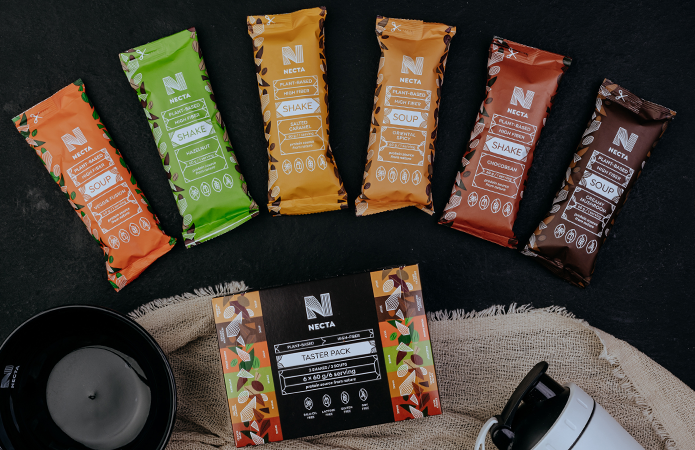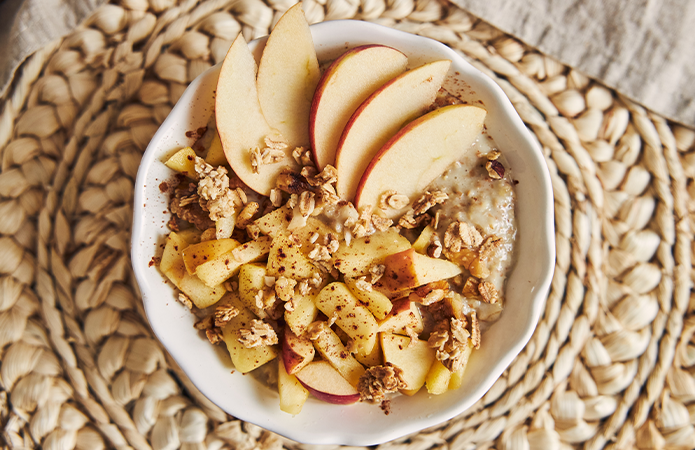Some insist on taking their vitamins and minerals in the most natural form possible, while others are not deterred from incorporating the right quantity and quality of vitamins into their diet in the form of supplements. However, we can all agree that the lack of these tiny compounds can cause significant trouble in the daily functioning of our bodies, so it is essential to pay special attention to their supplementation.
Who Eats A should also Eat B
Before rushing to buy dietary supplements, it's worth considering which vitamins and minerals may be lacking in your body based on your current diet and lifestyle. For most people, vitamin D and B-12 are worth paying special attention to, especially if you follow a plant-based diet or don't get enough sunlight in your daily life.
But I Eat Plenty of Fruits
If you feel you eat a super diverse diet but something is still not right with your well-being, it's easy to suffer from a deficiency in some vitamins. Some compounds, for example, are better absorbed when paired with others, like vitamin C and iron, as the former can help in the more efficient utilization of the latter. It's advisable to consume fat-soluble vitamins with meals rich in fatty acids to enhance their beneficial effects.
What is Each For?
You have probably heard a lot about the beneficial effects of vitamin C on the immune system, but you shouldn't forget all the essential tasks these compounds perform in everyday life. For example, vitamin A can improve the quality of vision, skin, hair, and teeth health, while B-vitamins can positively affect the nervous system and mental performance, with various types (e.g., B6, B12) complementing each other. The intake of vitamin C can assist in wound healing and alleviating allergic symptoms, while vitamin D is responsible for bone integrity. Vitamin E, as an antioxidant, can play a role in protecting against the harmful effects of free radicals, while vitamin K can ensure proper blood clotting.
How to Supplement?
If you experience a deficiency in any vitamin based on your blood test or consultation with your doctor, it's essential to ensure their supplementation as soon as possible. However, it matters how you do it. Pay attention to the proper dosage, regularity, and the quality of the vitamins. You can also make your life easier by choosing compact meals in which all types are present in optimal proportions, so you don't always have to reach for a calculator while planning your weekly menu.



